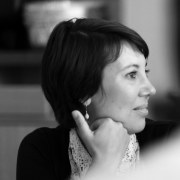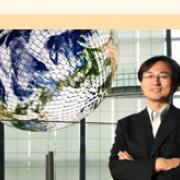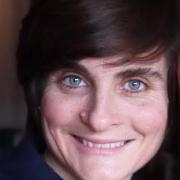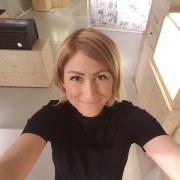We are used to facing some difficulties on a daily basis: broken exhibits, unhappy visitors, confused rush before the opening of a project… but what happens when we face something bigger? Current events teach us that crisis and even disaster occur frequently even when we can’t predict them or plan how to react.
In this session, each speaker will be delivering a short PechaKucha presentation about an external dramatic situation that affected his or her sorganisation. How did it overcome this event and rebound from adversity?
And who knows? This cathartic exercise might reveal that our organisations have become stronger and more resourceful. Just as individuals can learn to develop personal traits of resilience, so too can organisations develop a culture of resilience.
Facilitator
Session legacy
This summary was put together by this session's convenor, with the help of all speakers, who are also all gladly sharing their presentations, here.
Our introductory speaker Joonas Juutilainen, currently working on a "Natural disasters and resilience" exhibition at the Heureka science centre (Finland), shared insights he collected from experts through his current content development work. He defined resilience as "recovering quickly from disaster". Collective resilience requires "people in need of help helping other people in need of help", he explained, and the one most important thing you can do to build resilience in your community is... to say "good morning" to your neighbours.
A few phrases heard in the case study presentations that followed:
- Yasushi talking about the way Miraikan was affected by the 2011 earthquake, re-built its ceiling using a new technology and developed programming strands around disaster planning: "risk literacy", "disaster heritage"
- Claire talking about the way recent elections affected Exploratorium: "science thrives on curiosity", "continue doing what we do with even greater committment", "we have to keep earning the trust of the public", "offering tools to evaluate scientific claims"
- Christelle on the fire that resulted in Cité des sciences being closed for 6 weeks and developing its own exhibition on fire: "turning a trauma into an exhibition", "involving unusual staff members (fire prevention team) in exhibition develoment"
- Melanie on the way the Neanderthal Museum staff decided to take a stance in the so-called "refugee crisis", having to try several actions before finding the right voice & action (an exhibition called '2 million years of migration'): "initial shock", "good will is not enough", "a whole team involvement", "self-reflection"
- Cybèle on having to deliver a large permanent exhibition whose planned location changed several times (until late in the process) and that had to be installed during a 6 month long staff strike: "a story of changes", "you need to still have fun", "adapt to the situations you can't change"







